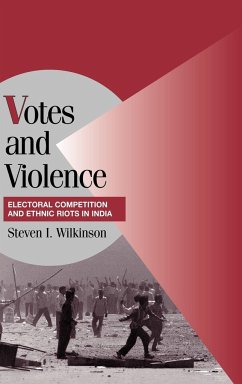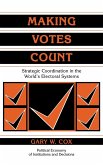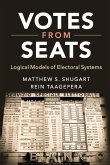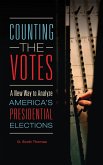This book explains the relationship between Hindu-Muslim riots and elections in India.
Why do ethnic riots break out when and where they do? Why do some governments try to prevent ethnic riots while others do nothing or even participate in the violence? In this book, Steven I. Wilkinson uses collected data on Hindu-Muslim riots, socio-economic factors and competitive politics in India to test his theory that riots are fomented in order to win elections and that governments decide whether to stop them or not based on the likely electoral cost of doing so. He finds that electoral factors account for most of the state-level variation in Hindu-Muslim riots: explaining for example why riots took place in Gujarat in 2002 but not in many other states where militants tried to foment violence. The general electoral theory he develops for India is extended to Ireland, Malaysia and Romania as Wilkinson shows that similar political factors motivate ethnic violence in many different countries.
Table of content:
List of figures; List of tables; Acknowledgments; 1. The electoral incentives for ethnic violence; 2. Explaining town-level variation in Hindu-Muslim violence; 3. State capacity explanations for Hindu-Muslim violence; 4. The consociational explanation for Hindu-Muslim violence; 5. The electoral incentives for Hindu-Muslim violence; 6. Party competition and Hindu-Muslim violence; 7. The electoral incentives for ethnic violence in comparative perspective; 8. Democracy and ethnic violence; Appendices; References; Index.
Why do ethnic riots break out when and where they do? Why do some governments try to prevent ethnic riots while others do nothing or even participate in the violence? In this book, Steven I. Wilkinson uses collected data on Hindu-Muslim riots, socio-economic factors and competitive politics in India to test his theory that riots are fomented in order to win elections and that governments decide whether to stop them or not based on the likely electoral cost of doing so. He finds that electoral factors account for most of the state-level variation in Hindu-Muslim riots: explaining for example why riots took place in Gujarat in 2002 but not in many other states where militants tried to foment violence. The general electoral theory he develops for India is extended to Ireland, Malaysia and Romania as Wilkinson shows that similar political factors motivate ethnic violence in many different countries.
Table of content:
List of figures; List of tables; Acknowledgments; 1. The electoral incentives for ethnic violence; 2. Explaining town-level variation in Hindu-Muslim violence; 3. State capacity explanations for Hindu-Muslim violence; 4. The consociational explanation for Hindu-Muslim violence; 5. The electoral incentives for Hindu-Muslim violence; 6. Party competition and Hindu-Muslim violence; 7. The electoral incentives for ethnic violence in comparative perspective; 8. Democracy and ethnic violence; Appendices; References; Index.








